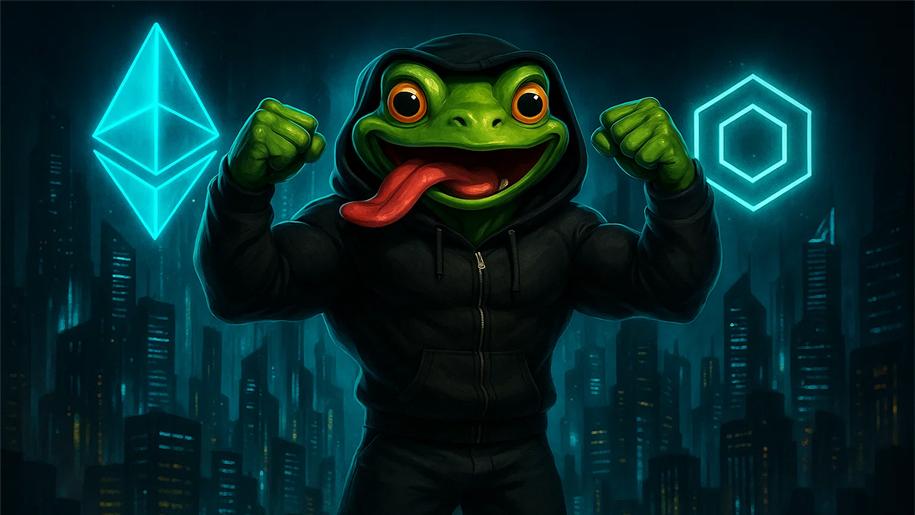India and Canada have introduced a renewed roadmap to bring stability, rebuild trust, and reinvigorate their bilateral relationship following a period of diplomatic strain. Both countries recently committed to strengthening cooperation in science and technology, particularly in artificial intelligence (AI) and digital public infrastructure (DPI).
Key early steps will include reinstating the India-Canada Joint Science and Technology Cooperation Committee (JSTCC), fostering partnerships that broaden access to AI, encouraging Canadian AI firms and researchers to engage with India’s upcoming AI Impact Summit, scheduled for February 2026, and identifying opportunities for collaboration on digital public infrastructure.
Anita Anand, the Minister of Foreign Affairs of Canada, was in India recently at the invitation of the Indian Minister for External Affairs, S. Jaishankar.
“In keeping with the priorities that the Prime Ministers of India and Canada had set out for bringing momentum to the relationship, both sides, based on mutual respect for shared democratic values, the rule of law, and a commitment to upholding the principles of sovereignty and territorial integrity, reached consensus on a new roadmap for Canada-India relations,” according to a joint statement.
“The ministers recognized that in the context of ongoing global economic uncertainty and rising geopolitical tensions, a strong and resilient Canada-India bilateral relationship is essential. Reviving this partnership will not only create opportunities for enhanced economic cooperation but also help mitigate vulnerabilities arising from shifting global alliances, ensure more reliable supply chains, and reinforce strategic stability in an increasingly complex international environment,” the ministers said.
India and Canada have taken steps to reset their strained relations, nearly two years after tensions flared over Ottawa’s allegations that New Delhi was involved in the 2023 killing of Sikh separatist Hardeep Singh Nijjar in Canada. Prime Ministers Narendra Modi and Mark Carney, who assumed office in March, announced the decision to appoint new high commissioners during a meeting at the G7 summit in Canada. Both sides agreed to restore diplomatic services for citizens and businesses. The move follows a period marked by diplomatic expulsions, visa suspensions, and mutual accusations, which significantly damaged ties.
Since the reset, both countries have witnessed significant growth in bilateral trade, which rose to $23.66 billion in 2024, according to the joint statement. During Anand’s recent visit to India, they welcomed the increasing engagement of Indian and Canadian businesses in each other’s markets, recognizing the job creation and strong prospects for continued economic expansion.
“The main message that Canada is bringing to India is that we are here to elevate the relationship with India. We have a focus on domestic public security in Canada. At the same time, we are working to strengthen the economic relationship with India across various sectors. Those include AI, energy, agriculture and agri food, climate and environmental sustainability, as well as people-to-people and business-to-business ties,” Anand said during her latest India visit.
According to Jaishankar, India Canada bilateral relations have been steadily progressing in the last few months.
“We are working to restore and reinvigorate the mechanisms necessary to advance our partnership. We seek to derisk the international economy today by forging strong partnerships of growing range and depth,” Jaishankar said.
Stronger AI, DPI partnership
Both economies agreed to strengthen collaboration to drive innovation in science and technology, including AI and digital infrastructure, adding that they would develop mutually beneficial partnerships to expand access to AI. Both countries would also explore opportunities for cooperation in digital public infrastructure (DPI).
India’s DPI includes Unified Payments Interface (UPI), which already controls half of global real-time payments by volume, and Aadhaar, touted as the world’s largest biometric identification system. UPI’s global expansion is accelerating at an unprecedented pace and is already live in eight countries, including the United Arab Emirates, Singapore, Qatar, Bhutan, Nepal, Sri Lanka, France, and Mauritius, with Canada likely to be considered next.
Both countries also agreed to relaunch the JSTCC. The 7th India-Canada JSTCC meeting took place on May 19, 2022, in Ottawa, according to an official statement. The JSTCC meets to review ongoing collaboration between Canadian and Indian researchers and innovators, and set priorities for the next period in a variety of sectors, including health sciences and related technologies, clean technologies and environmental research, quantum and artificial intelligence.
Back to the top ↑
AI paradox
While India and Canada are collaborating on emerging technologies, focusing on job creation and improved economic cooperation, both countries have also voiced strong concerns about employment losses due to rapid AI adoption.
Canada’s chief data officer, Stephen Burt, reportedly said that integrating AI into government operations may result in some public sector job losses. At the same time, a recent poll reportedly suggests that half of Canadians now view AI as a threat, an increase from a similar survey two years ago.
In September 2024, Bank of Canada Governor Tiff Macklem pointed out that as AI becomes more established in the economy and its impacts more transformative, the technology could destroy more jobs than it creates. People who may lose their work to automation may struggle to find new employment opportunities, as AI reduces the volume of tasks requiring human input.
Elsewhere, OpenAI CEO Sam Altman reportedly said that customer service jobs would be among the first to be replaced by AI, given their repetitive and scripted nature, which AI can refine and automate. That prediction has already come true. In India, AI chatbots are reportedly replacing call center jobs traditionally held by recent graduates in customer support, tech assistance, and data entry roles.
A report by NITI Aayog, the central public policy think tank of the government, projects that AI could lead to the loss of up to two million jobs in India’s tech industry, which currently employs around 8 million people. However, it also forecasts the creation of nearly four million new roles over the next five years, driven by the emerging demands of an AI-driven economy.
“Sometimes we all feel that technology eventually generates more jobs than it displaces. That is true, but the keyword is—eventually. What happens between and eventually is critical, and that is where I think we need to create supporting institutions, enabling institutions to train them, to prepare them and academic curriculums have to change, workplace practices have to change,” V Anantha Nageswaran, India’s Chief Economic Advisor, said during a press conference.
In order for artificial intelligence (AI) to work right within the law and thrive in the face of growing challenges, it needs to integrate an enterprise blockchain system that ensures data input quality and ownership—allowing it to keep data safe while also guaranteeing the immutability of data. Check out CoinGeek’s coverage on this emerging tech to learn more why Enterprise blockchain will be the backbone of AI.
Back to the top ↑
Watch: India is going to be the frontrunner in digitalization
title=”YouTube video player” frameborder=”0″ allow=”accelerometer; autoplay; clipboard-write; encrypted-media; gyroscope; picture-in-picture; web-share” referrerpolicy=”strict-origin-when-cross-origin” allowfullscreen=””>
Source: https://coingeek.com/india-canada-strengthen-ai-tech-ties-as-relations-reset/


